
A new way to lose your Xbox controller
Microsoft loves its special edition Xbox customizations. In the past we have seen such things as the Star Wars Xbox and the white Xbox to name only two. Now the game console maker is pushing out a new limited edition controller to make you feel more a part of your first-person shooter game: camouflage version of the wireless device.
Xbox Live chief Larry Hryb explains: "Today we are announcing the Xbox 360 Special Edition Camouflage Wireless Controller, which features a transforming D-pad and a unique camouflage design. The price will be $54.99 USD (ERP). In the U.S., the controller will be available exclusively at Walmart beginning in May. Outside the U.S., the controller will be available in select regions worldwide, also from May".

Windows Blue won't be the end of the Desktop UI
Tech journalists are talking about what Windows Blue will mean for the future of Windows. Actually, no matter what anyone suggests, only Microsoft really knows what it has planned for future versions. What really is important though is how changes to the operating system will affect software developers, plus businesses, and why considering this may be far more important in the long run.
In recent years we have seen the over-consumerization of computers, in particular the shift from desktop PCs to tablets and other portable devices. Everything seems to be all about mobile today. But is mobile and touch the future of computers ?

Office 365 gains eight new state-and-local government customers
Google news, at least for some of us, recently is grim (Reader goes bye-bye). In fact, I no longer trust the search company will keep anything, while my colleague Wayne Williams dumps Google for Microsoft. Trust is essential and Google has lost it for me. Microsoft, on the other hand, is on a roll, of sorts, with its Windows Blue "leak" and now another cloud win for its Office platform.
Microsoft announces eight more government offices have adopted its Office 365 platform, further rubbing salt into the Google Docs wound. At today's CIO Summit, the company welcomes aboard: metros Kansas City and Seattle; counties Dupage and King; colleges California State University Sacramento, University of Colorado Springs and University of Miami; and San Diego County Regional Airport Authority.
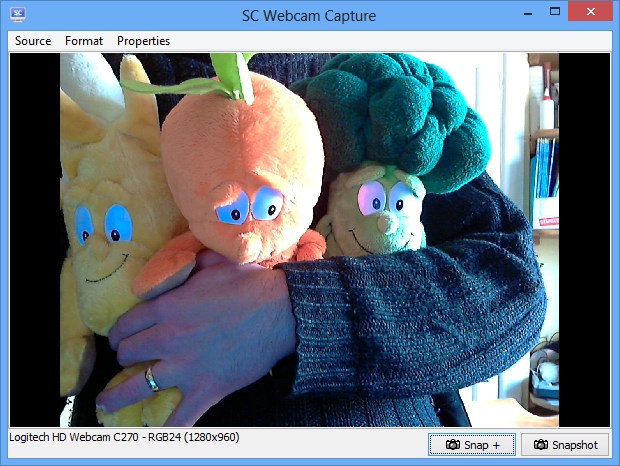
Screenshot Captor 4.00 supports webcams, adds free-hand painting
Donationcoder.com has released Screenshot Captor 4.00 and Screenshot Captor Portable 4.00, brand new versions of its powerful screen-capture tool for Windows PCs.
Version 4.00 builds on features introduced last year in version 3 with the addition of support for capturing images from webcams, a new -- and dockable -- QuickCapture bar, extended Undo support and rewritten image uploader tool.
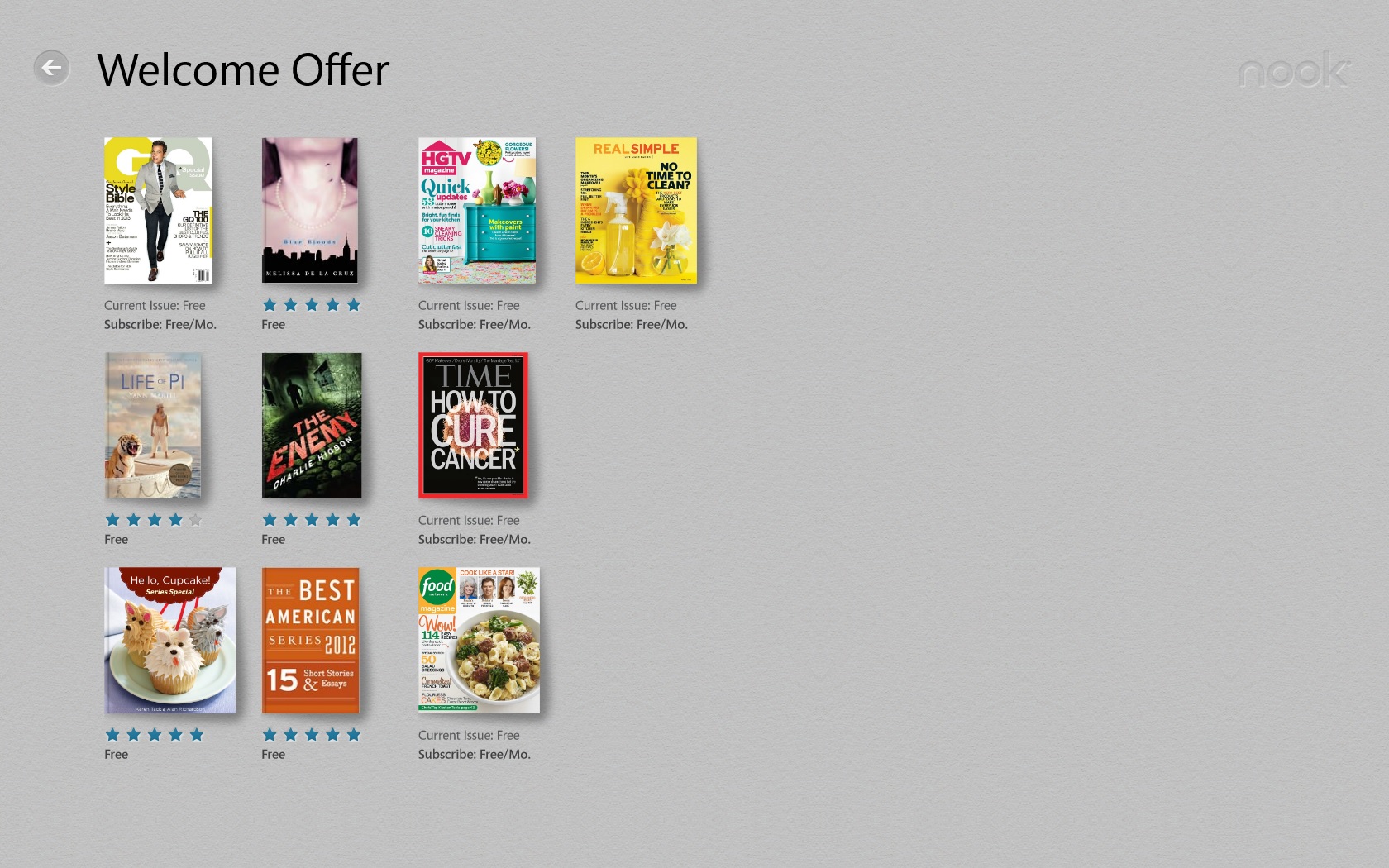
Nook makes 'free book and magazine offer' to Windows 8 users
On Wednesday, Nook Media -- Barnes & Noble subsidiary -- announced that Windows 8 users can take advantage of a "free book and magazine offer", available for a limited period of time, after installing the Nook app.
All that users have to do is download the Nook app -- which is available for any Windows 8-based device -- and sign in with their Microsoft account. From there on, they can choose up to five popular books and five top magazines (all free) from a specific list that includes titles such as Blue Bloods, Hello, Life of Pi, The Enemy, GQ, HGTV Magazine and Time, among others.

openElement WYSIWYG HTML editor mini-review
We’re a little skeptical of “free” WYSIWYG HTML editors. Most are either outdated, too basic or packed with adware (and some manage to be all three). OpenElement claims to be different, though: ” a powerful next-gen HTML editor” with “no ads, no restrictions, no experience necessary”, meaning that a “professional and dynamic website is within reach to anyone with zero coding”. Sounds great, so we decided to take a closer look.
Installation is easy, and the program really doesn’t have any adware or other hassles. There is no commercial version, you don’t have to register, there are no nag screens or anything else. The “worst” we see is a tiny “Contribute” icon on the many window, so small and unobtrusive that you may not notice it for a week, and a suggestion on the “Publish” dialog that you use their partner for your hosting (but that’s easy to ignore, if you like).

System Mechanic 11.7 ekes more performance from your PC
Iolo Technologies has released System Mechanic 11.7 Free andSystem Mechanic 11.7, a minor update to its popular Windows system optimization tool that delivers refinements to existing technologies in order to eke more performance out of PCs.
Version 11.7 comes with three major new features, aimed at the paid-for versions of the software: streamlined startup speeds, more machine-oriented optimisation and Direct Expert Connection.
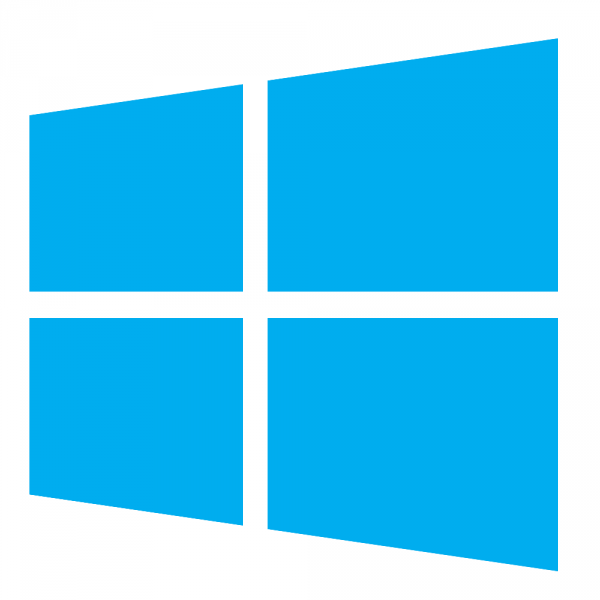
The next Windows won't be called Blue
Microsoft knows something about cool codenames, but little on how to name actual products. Whistler, Longhorn, Cougar, Blackcomb, Vienna and even Blue all sound great, resounding and promising, but that impression goes away fast when Microsoft baptizes its creations: XP, Vista or 7. The guy with the cool names went on a bathroom break, and all the boring suits took over.
That's the very same impression I get after reading about Microsoft's "Looking Back and Springing Ahead" blog post, which touts a number of apparently impressive achievements and future plans that the company has. Lo and behold, there's even a strategy in place to raise the pace for "updates and innovations" -- that's the "new normal across Microsoft", according to the company. But then I notice the Windows Blue reference.
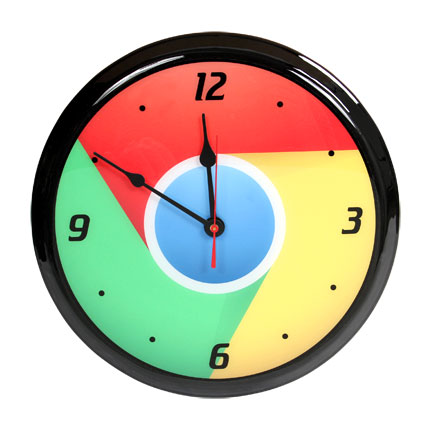
Google releases Chrome 26 -- get it NOW!
Google has released Chrome 26 FINAL for Windows, Mac and Linux. The latest release proffers three relatively minor new features, including improved spellchecking, plus 11 specific security fixes.
The most notable changes in Chrome 26 are improvements to the spell-checker tool. All supported dictionaries have been refreshed, while Korean, Tamil and Albanian support have all been added. Those using the Google Sync feature will be pleased to learn that any custom words added to the dictionary can now be synced to other devices along with other settings.

Switching from AT&T to T-Mobile Simple Choice will save me $80 per month
Late last night, after sitting stunned before T-Mobile USA's website, I hauled down to the local corporate store to confirm the new Simple Choice plan would really save so much in monthly fees. I was more surprised the shop wasn't overrun by people rushing to take advantage of the new rates.
I still can't believe them. Simple Choice? I am simply stunned. My last phone bill with AT&T, after tax and fees, was about $295 for Mobile Share plan with 10GB data. I tried to reduce to 4GB shared, but an AT&T rep said the bill would be the same ($270 before tax and fees). WTH? At T-Mobile I added three lines with unlimited talk, text and web for $120. I won't move the other two lines until iPhone 5 comes to T-Mobile on April 12. That will add another $70 to the monthly fee, which should work out to about $90 less than AT&T soaks me for now, perhaps more.

PC apocalypse: Emerging market buyers move from smartphones to tablets
IDC continues to send smoke signals that a blistering fire rages across the planet, sure to scorch the earth where PC manufacturers hoped to plant new computer sales. Emerging markets are engulfed in a blaze of smartphone and tablet adoption that leaves little hope for a desktop or notebook revival. I simply cannot overstate the speed this thing moves.
Eight days ago, the analyst firm revised downward PC shipment forecast for 2013, singling out changing buying patterns among emerging markets. Today IDC reaffirmed the forecast, while releasing final full-year 2012 PC, smartphone and tablet shipments. The data is grim pickings.
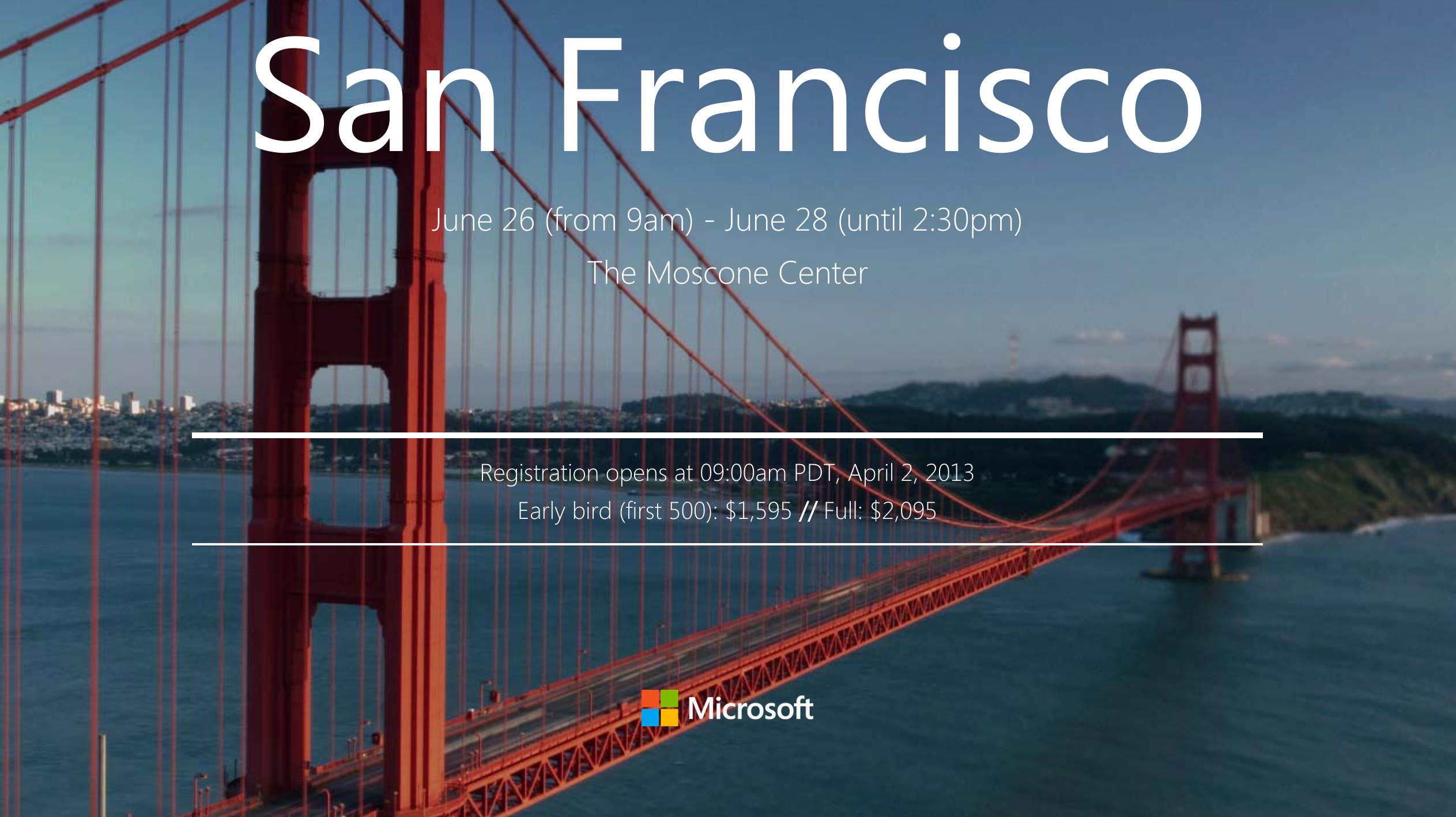
Microsoft BUILD 2013: 'If you're going to San Francisco...'
Suddenly San Francisco is the hot developer ticket of the year. Say, can I just rent a room in your house for May and June? Today, Microsoft announced that BUILD 2013 will take place from June 26-28 at the Moscone Center in the city on the bay. Google will be there, same city and venue, with I/O from May 15-17. Apple usually holds its developer conference there in early June but hasn't announced. Big Three trio would be a helluva travel schedule for anyone flying in from anywhere else, particularly outside North America. Choose your event(s) wisely.
I just have to ask: Did Microsoft bump Google? Last year, I/O moved from its more typical May schedule to late June -- 27th-29th. Did Steve Ballmer and Company book early and lock in the dates? I don't really care, and it's not news, but speculation is delicious given the rivalry between these two companies.

Windows Blue brings better SkyDrive integration
Over weekend Microsoft's next version of Windows, known by code name "Blue" leaked out to the world via BiTorrent. Over the past two days we dissected the operating system in every way possible from first look to screenshot images to ways to install the still buggy operating system.
Now that the initial euphoria has passed, we can settle down and get a good look at what exactly will change in the operating system later this year when Windows Blue is rumored to be released.

How to install Windows Blue on VMware Player and Workstation
New versions of Windows do not come out often, so when Windows Blue leaked onto the Interwebs during the weekend -- as an early preview build -- it grabbed our immediate attention. There are new and updated apps, new features and a slightly tweaked user interface among the most noticeable changes, some of which my colleague Alan Buckingham has already gone through. But how can you taste the goodies by yourself?
Surely, looking at a slideshow is simply not good enough. As a result, you have two options. First, you can dual-boot Windows Blue alongside your operating system of choice (or install it as the sole option). Second, you can spare yourself any potential issues and headaches in dealing with an early preview build and install Windows Blue on VMware Player or VMware Workstation -- two of the most popular software virtualization products.

When your laptop is lost or stolen, try IPFetcher
There are plenty of web services around which can try to help you find a stolen computer. Usually this involves equipping your system with a small agent of some kind, which then uses the system IP address, wifi connections and more to determine its current location, before communicating this to a central server.
If you’d like something more lightweight, though, there are a few simple free tools around which you might like to try. IPFetcher, for instance, won’t grab images from your webcam, and can’t lock down your system remotely. But it can retrieve a system’s IP address, then email or upload it to an FTP server, and that’s more than enough to be useful.



